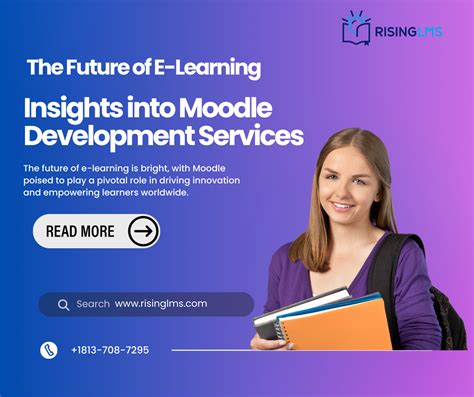In today's rapidly evolving educational landscape, institutions are constantly seeking innovative ways to enhance the learning experience for their students. One key strategy that has gained significant traction in recent years is the implementation of Learning Management System (LMS) technology solutions. By harnessing the power of LMS, educators can unlock the full potential of their students, creating a more engaging, personalized, and effective learning environment.
The importance of LMS technology solutions cannot be overstated. In a world where digital literacy is increasingly becoming a fundamental skill, it is essential that educational institutions provide students with the tools and resources needed to succeed in the 21st century. By leveraging LMS technology, educators can break free from the constraints of traditional teaching methods, creating a more flexible, accessible, and student-centered learning experience.
What is a Learning Management System (LMS)?
A Learning Management System (LMS) is a software application that enables educators to manage, track, and deliver educational content to students. LMS platforms provide a centralized hub for learning, allowing students to access course materials, participate in discussions, submit assignments, and track their progress. By streamlining the learning process, LMS technology solutions help educators to focus on what matters most – providing high-quality instruction and support to their students.

Benefits of LMS Technology Solutions
The benefits of LMS technology solutions are numerous and well-documented. By implementing an LMS, educators can:
- Enhance student engagement and motivation through interactive and immersive learning experiences
- Improve student outcomes through personalized learning pathways and real-time feedback
- Increase efficiency and productivity through automated grading and reporting tools
- Foster collaboration and community through discussion forums and social learning tools
- Provide students with flexible and accessible learning options through mobile and online access
Improved Student Engagement and Motivation
One of the most significant benefits of LMS technology solutions is the ability to enhance student engagement and motivation. By providing students with interactive and immersive learning experiences, educators can increase student participation and enthusiasm, leading to improved academic outcomes.

Personalized Learning Pathways
LMS technology solutions also enable educators to create personalized learning pathways for their students. By using data and analytics to inform instruction, educators can provide students with tailored learning experiences that meet their unique needs and abilities.

Key Features of LMS Technology Solutions
When selecting an LMS technology solution, educators should consider the following key features:
- User-friendly interface and navigation
- Robust content management and authoring tools
- Advanced analytics and reporting capabilities
- Mobile and online access
- Integration with existing systems and tools
- Scalability and flexibility

Implementation and Support
Implementing an LMS technology solution requires careful planning and execution. Educators should consider the following steps:
- Define clear goals and objectives for the LMS
- Conduct a thorough needs assessment and analysis
- Select an LMS that meets the institution's needs and requirements
- Provide ongoing training and support for educators and students
- Continuously evaluate and improve the LMS

Best Practices for LMS Technology Solutions
To get the most out of an LMS technology solution, educators should follow these best practices:
- Develop a clear and concise course design
- Use multimedia and interactive content to enhance engagement
- Encourage student participation and feedback
- Use analytics and reporting tools to inform instruction
- Provide ongoing support and training for educators and students

Conclusion
In conclusion, LMS technology solutions have the potential to transform the learning experience for students. By providing educators with the tools and resources needed to create engaging, personalized, and effective learning experiences, LMS technology solutions can help unlock the full potential of students. Whether you're a seasoned educator or just starting out, implementing an LMS technology solution is a great way to enhance student outcomes and achieve academic success.






What is a Learning Management System (LMS)?
+A Learning Management System (LMS) is a software application that enables educators to manage, track, and deliver educational content to students.
What are the benefits of using an LMS?
+The benefits of using an LMS include enhanced student engagement, improved student outcomes, increased efficiency and productivity, and fostered collaboration and community.
How do I choose the right LMS for my institution?
+When choosing an LMS, consider factors such as user-friendly interface, robust content management and authoring tools, advanced analytics and reporting capabilities, mobile and online access, integration with existing systems and tools, and scalability and flexibility.
